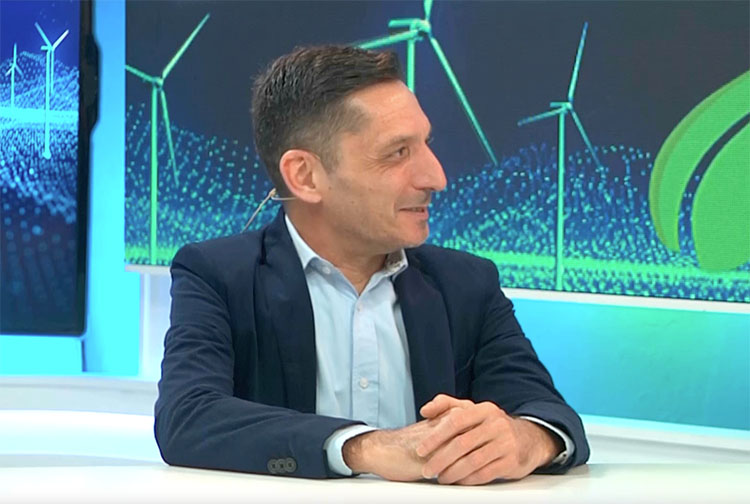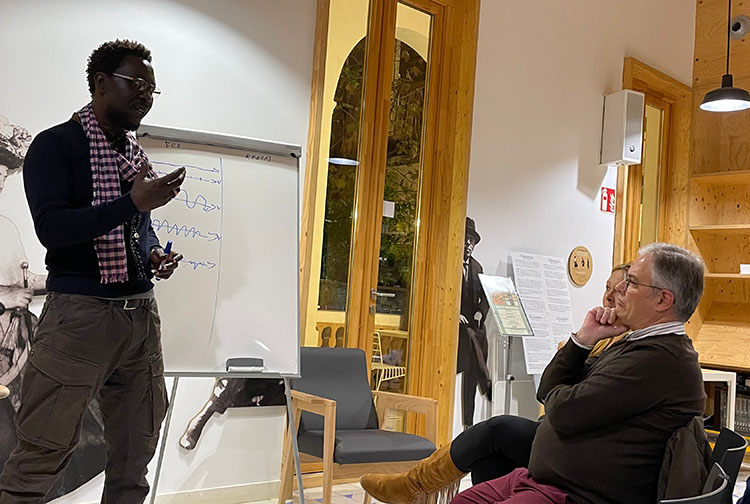

The rich get richer and the poor get poorer
Oxfam’s latest inequality report shows that since 2020, the world’s five richest people have doubled their fortunes, while over the same period, almost five billion people have become poorer.
On the eve of the annual World Economic Forum in Davos, which brings together heads of state, corporate leaders and academics from around the world, Oxfam has released its latest report on inequality and calling on countries to oppose the influence of the ultrarich on tax policy. As has become a tradition, the international body uses the occasion to highlight the gap between rich and poor, but this year it says the gap has been “supercharged” since the sanitary crisis.
Billionaires are three trillion euros richer today than they were in 2020. According to Oxfam, South African business tycoon Elon Musk, LVMH owner Bernard Arnault, Amazon founder Jeff Bezos, Oracle’s Larry Ellison and investment guru Warren Buffett have more than doubled their fortunes by 114% to €793 billion in three years, while the wealth of the poorest 60% of the population has declined.
The NGO notes that if this trend continues, the world could see its first trillionaire in the next decade, but that it will take 229 years to eradicate poverty. “We cannot continue with these levels of obscene inequality,” warns Amitabh Behar, interim director of Oxfam International, “capitalism is at the service of the super-rich.
Corporate power vs. public power
According to Oxfam, states have ceded power to corporate monopolies, allowing companies to influence the wages people are paid, the price of food and the medicines people can access. “Corporate power is used to drive inequality, squeezing workers and enriching wealthy shareholders, dodging taxes and privatising the state,” says Oxfam.
In this context, Behar says the solution must be for public power to curb “unchecked corporate power and inequality by shaping the market to be fairer and free from billionaire control”, adding that “governments need to intervene to dismantle monopolies, empower workers, tax these huge corporate profits and, crucially, invest in a new era of public goods and services”.
The organisation stresses that thanks to current tax policymaking, corporations have been able to pay lower corporate taxes, depriving governments of money that could be used to help the poorest in society. Seven of the world’s 10 largest companies have a billionaire CEO, or a billionaire as their largest shareholder.
In this regard, the director points out that corporate taxes have fallen significantly in OECD countries, from 48% in 1980 to 23.1% in 2022, and calls for a wealth tax on the world’s millionaires and billionaires, which, he says, could bring in $1.8 trillion each year. It also urges governments to limit the pay of CEOs of large corporations and to break up private monopolies.
11Onze is the community fintech of Catalonia. Open an account by downloading the super app El Canut for Android or iOS and join the revolution!
Leave a Reply
You must be logged in to post a comment.





Gràcies
Gràcies a tu, Joan!!!